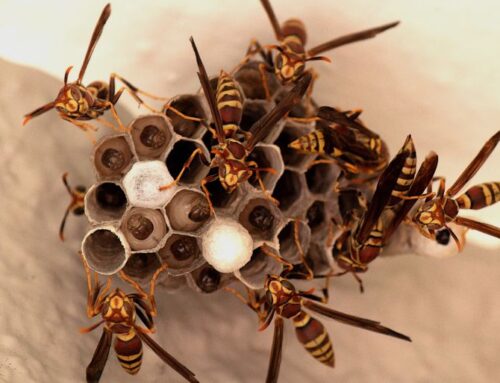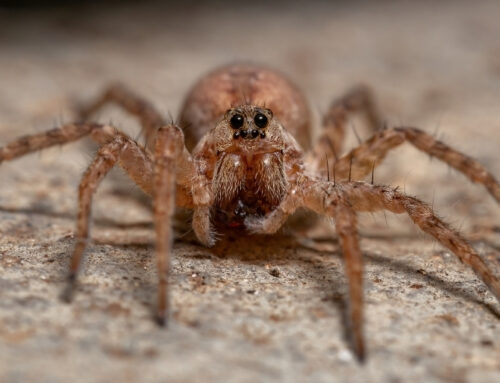Summer is the perfect time for picnics, outdoor fun, and enjoying the sunny weather. Unfortunately, it’s also the season when pests like mosquitoes, flies, ants, ticks, and stinging insects are most active. These pesky bugs can quickly turn your relaxing picnic into a frustrating experience. So, how can you keep your picnic pest-free and enjoyable?
In this guide, we’ll share effective summer pest control tips to help you manage these common pests and ensure a pleasant outdoor gathering without any unwelcome visitors.
Common Summer Pests
Before diving into the summer pest control tips, let’s first identify the most common summer pests you’re likely to encounter.
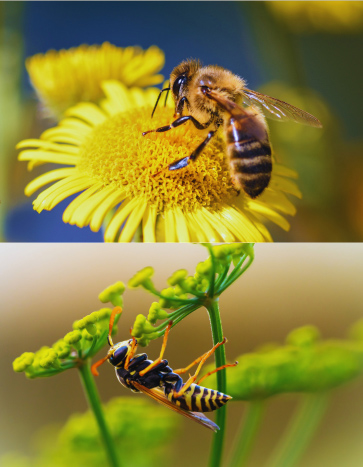
Stinging Insects
In summer, bees, wasps, and hornets frequently disrupt outdoor activities. Their stings pose health risks, particularly to allergy sufferers. Wasps and hornets, unlike bees, can sting multiple times and are often drawn to sugary foods and drinks. Interestingly, paper wasps contribute to natural pest control by preying on other insects, though they can become aggressive if their nests are disturbed.
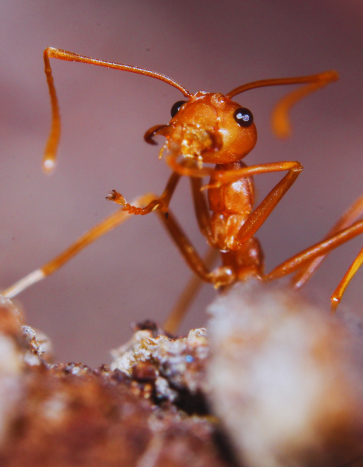
Ants
Ants are common summer pests that can disrupt outdoor activities. Various species pose different challenges, with fire ants being notorious for their painful stings and aggression. Carpenter ants can damage wooden structures as they build their nests, while pavement ants, though less harmful, can invade food sources. Interestingly, fire ants create intricate underground colonies that can quickly spread if not managed.
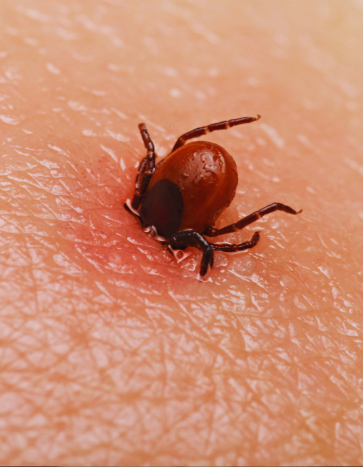
Ticks
Ticks are tiny, parasitic arachnids active in the warm months, often found in wooded and grassy areas. They attach to humans and animals, posing health risks by transmitting diseases like Lyme disease and Rocky Mountain spotted fever. These pests typically hide in tall grass, shrubs, and leaf litter, waiting for a host. Interestingly, some ticks can survive for years without feeding, making them particularly resilient.
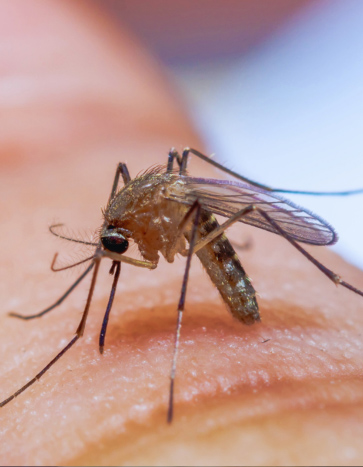
Mosquitoes
Mosquitoes are infamous summer pests, known for their itchy bites and disease transmission, including West Nile virus, Zika, and malaria. They breed in stagnant water, making such areas prime hotspots. Only female mosquitoes bite, needing blood to develop their eggs. Although most active at dawn and dusk, they can be bothersome all day. Interestingly, some mosquito species are attracted to specific blood types more than others.
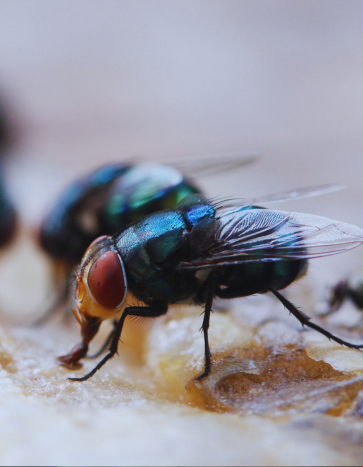
Flies
During summer, flies such as house flies and fruit flies become common nuisances at outdoor events. House flies, which are drawn to food and waste, can spread illnesses like salmonella and E. coli. Fruit flies, meanwhile, seek out ripe and fermenting produce. A lesser-known fact is that house flies can only eat liquid food; they must liquefy solid food with their saliva before consuming it.
Having identified the common pests you might encounter this summer, it’s time to explore how to prevent them from disrupting your outdoor fun. The following sections will offer practical strategies and tips to keep these pests at bay, ensuring your summer picnics and activities remain enjoyable and bug-free.
How to Prevent Pests at Your Picnic
To ensure a pest-free picnic, consider these essential picnic pest control tips on location, timing, food management, and natural repellents.
Choosing the Right Location
Timing Your Picnic
Food and Waste Management
Using Natural Repellents
By following these tips on location selection, timing, food management, and natural repellents, you can create a more enjoyable, pest-free picnic experience. The next section will delve into specific pest control methods to further ensure your summer outings remain undisturbed by unwanted insects.
Effective Pest Control Methods
As we continue our guide to creating a pest-resistant environment, let’s focus on the yard—your first line of defense against seasonal pests. Effective yard maintenance not only keeps your space looking great but also significantly reduces pest problems.
Stinging Insect Control Tips
Ant Control Tips
Tick Control Tips
Mosquito Control Tips
Fly Control Tips
By employing these effective pest control methods, you can enjoy a more pleasant, pest-free picnic. The next section will cover long-term strategies for managing pests to ensure your outdoor spaces remain enjoyable year-round.
Long-Term Pest Management
To keep your outdoor spaces enjoyable and free from pests, consider implementing these long-term pest control strategies.
Regular Lawn Maintenance
Home Pest Prevention Tips
Professional Pest Control Services
Implementing these long-term pest management strategies will help you maintain a pest-free environment and enjoy your outdoor spaces year-round. These methods address the root causes of pest problems and prevent future infestations, ensuring your picnics and outdoor activities remain pleasant and bug-free.
Wrapping Up Your Summer Pest Control Guide
To wrap up our guide on summer pest control, here are some final thoughts on enjoying a bug-free picnic and ensuring your outdoor spaces remain pest-free.
Enjoy a Bug-Free Picnic
Having a picnic free of pests is achievable by following the strategies we’ve discussed.
For long-term comfort, maintain your lawn regularly and adopt home pest prevention measures. Seal gaps and cracks around your home, and use essential oils in cleaning solutions to naturally repel insects. For persistent pest problems, consider hiring professional pest control services. Experts can offer targeted treatments and ongoing monitoring to keep your home and yard pest-free.
To ensure your outdoor activities are enjoyable, take proactive steps to manage pests. By following these tips, you can create a safe and pleasant picnic environment for everyone.
For expert assistance, Bobcat Pest Control provides customized pest management solutions. Contact us today to schedule an inspection and start enjoying a pest-free summer.
Remember, a little effort in pest prevention can go a long way in making your picnics and outdoor gatherings stress-free and enjoyable. Don’t let pests ruin your summer fun—take action now and relish a bug-free season!
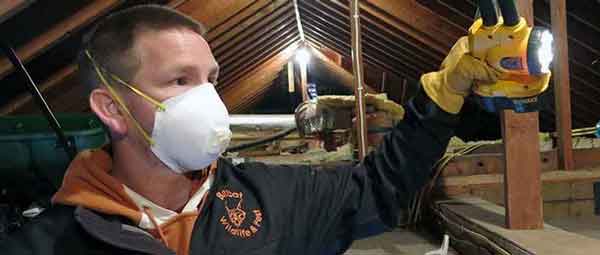
About the Author
Gene Spaulding, Owner and Founder of Bobcat Wildlife & Pest Management, has been at the forefront of pest and wildlife control since 2008. With over 17 years of hands-on experience, Gene combines his expertise and passion to deliver effective and humane pest management solutions to homeowners and businesses across the Des Moines Metro area. Guided by the motto “Your Property, Our Priority,” Gene ensures that Bobcat Wildlife & Pest Management remains a trusted partner for comprehensive pest and wildlife services.

